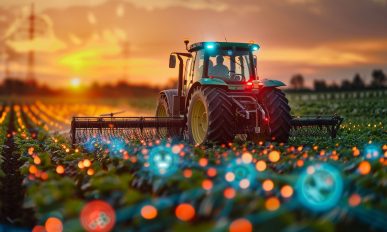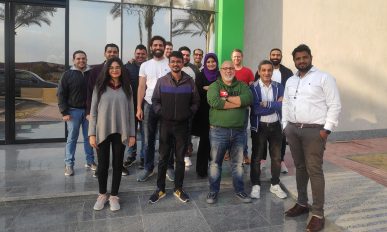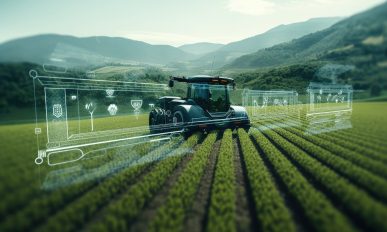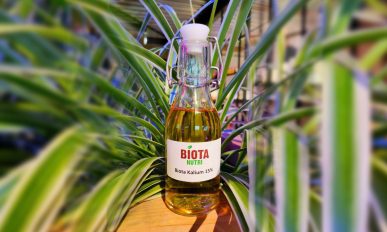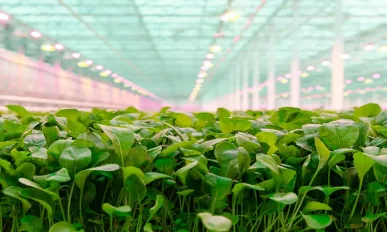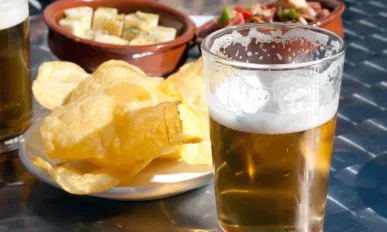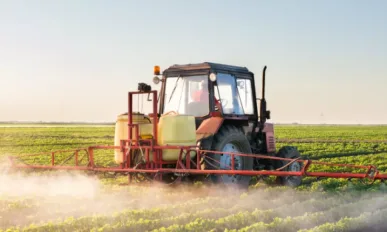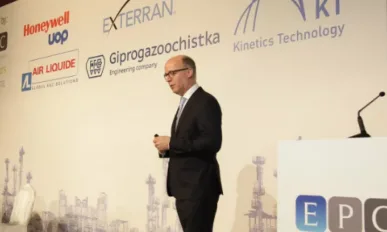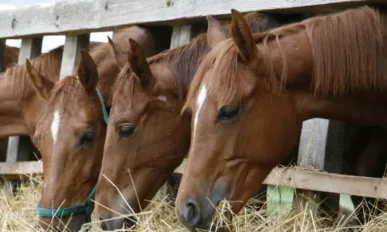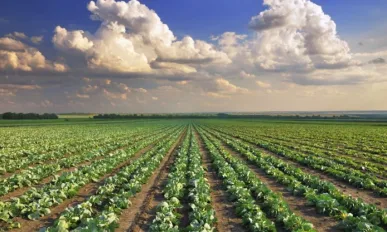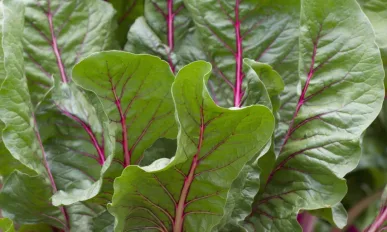FarmERP : Transforming Agricultural Value Chains
CEO and co-Founder of FarmERP, Sanjay Borkar, discusses the integration of innovative new technology that is driving the transformation of agriculture into a more efficient and sustainable entity.
FarmERP : Implementing Agriculture 4.0
Sanjay Borkar, CEO and co-Founder of FarmERP, discusses the challenges and opportunities of implementing Agriculture 4.0 in the Middle East and Europe.
Varda : Farming for the Future
The Agri-Tech sector is on the precipice of transforming worldwide food security and farming precision. Davide Ceper, CEO of Varda, highlights how the company is spearheading the use of data to have tangible, sustainable impact on the agricultural supply chain.
Biota Nutri : Grow the Best
We take a look at Biota Nutri and speak to CEO, Mark Valentine, about the growing technology that is changing farming in the Netherlands.
VB : Cultivating the Farm of the Future
Controlled-environment agriculture is being recognised as the most efficient method of choice for farming and horticulture. Originating from the Netherlands, we take a look at VB, and speak to CEO Edward Verbakel about greenhouse advantages and recent developments in Europe and the US
Walkers: A Sustainable Symbiosis
UK-based crisps giant Walkers utilises technology alongside a brewery partnership to help the environment.
8th World Congress on Agriculture & Horticulture
Conference Series LLC feels proud and honoured in inviting the contributors across the globe to its premier 8th World Congress on Agriculture & Horticulture (Agri World 2017).
IGTC 2017 (International Gas Technology Conference)
IGTC 2017 focuses on latest technologies for producing chemicals and petrochemicals based on natural gas as the main feedstock.
DIBAQ and SOKOTRA Capital Establish Strategic Animal Feed Distribution Partnership
Grupo Dibaq Diproteg S.A. (DIBAQ), one of Spain’s largest and oldest animal feed producers, and SOKOTRA Capital, a Dubai-based private investment company, have signed an exclusive commercial and marketing agreement.
OPTICHINA : International Horizons in Crop Breeding
OPTICHINA (Breeding to Optimise Chinese Agriculture) is a partnership between the European Union (EU) and China focused on crop breeding.
How Plants Evolved and What This Means For Our Food Supply
An EU-funded project investigating how oxygen in the air millions of years ago might have affected the evolution of plants is making important discoveries that could inform our approach to climate change, space exploration and ensuring future food supplies. Today, scientists in areas as varied as food security, climate change and space exploration need to know more about plants – how they live and grow and what effect environmental conditions can have on them. A key part of understanding plants is knowing how they evolved. The EU-funded OXYEVOL project is investigating how variations in atmospheric oxygen levels over millions of years might have affected the appearance of new plant species. “We are exploring the relationship between oxygen concentration and plant evolution,” says University College Dublin’s Prof. Jennifer McElwain, who received a European Research Council Starting Grant to undertake the project. OXYEVOL’s researchers are looking closely at the plant fossil record and comparing it to the known history of atmospheric oxygen content. Meanwhile, they are also undertaking a series of highly novel ‘mini-world’ experiments, in which living plant species with diverse evolutionary histories are being exposed to different atmospheric oxygen and carbon dioxide concentrations in a growth chamber. The most significant result so far is the observation that greater numbers of plant species seem to have originated when atmospheric oxygen concentrations were highest. We already know that the appearance of complex organisms over a billion years ago was linked to a rise in atmospheric oxygen levels. OXYEVOL’s results suggest that oxygen has also been an important evolutionary…



